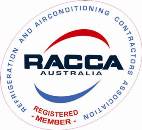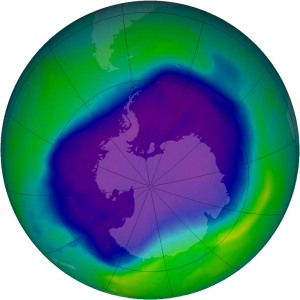Discussions on HFCs at the Meeting of the Parties to the Montreal Protocol were mixed, with some countries still resistant to moving forward and other countries, who were previously resistant, are open to having discussions on how to move forward.
The Meeting, which was held two weeks ago, had over 200 countries in attendance–including but not limited to: India, China, the US, Canada, Mexico, Pakistan and the Federated States of Micronesia. The countries in attendance held discussions on the global phase down on HFCs and HFC amendments.
Progress was shown from India and China–two of the world’s biggest economies, with China stating that they were open to working towards a multilateral agreement on HFCs and that they hoped that the international community will be able to address legal issues relating to the Kyoto Protocol. India also brought some optimism to the Meeting by not opposing the inclusion of HFC amendment proposals in the Meeting agenda for the first time. The presence of India’s Environment Minister, Prakash Javadekar also brought further optimism as it indicated India’s change of stance on HFCs.
Progress was also shown for developing countries with an agreement on the replenishment of the Multilateral Fund for 2015-2017. The Multilateral Fund is a dedicated fund under the Montreal Protocol which provides financial resources to developing countries so that they are able to phase down ozone-depleting substances (ODS). The replenishment is fixed at US$507.5 million.
However despite some of the progress and optimism, the Gulf countries held back discussions on HFCs due to being unable to agree that low-GWP alternative solutions for HCFCs and high GWP HFCs are not available for countries with ambient temperatures above 52oC.
The countries in attendance requested that the Technology and Economic Assessment Panel (TEAP) provide additional information on alternatives to ODS, in particular alternatives that focus on high ambient temperature regions, which will be available in a report for next year’s Meeting.
More information on these discussions can be found here.
Image via Wikipedia.




